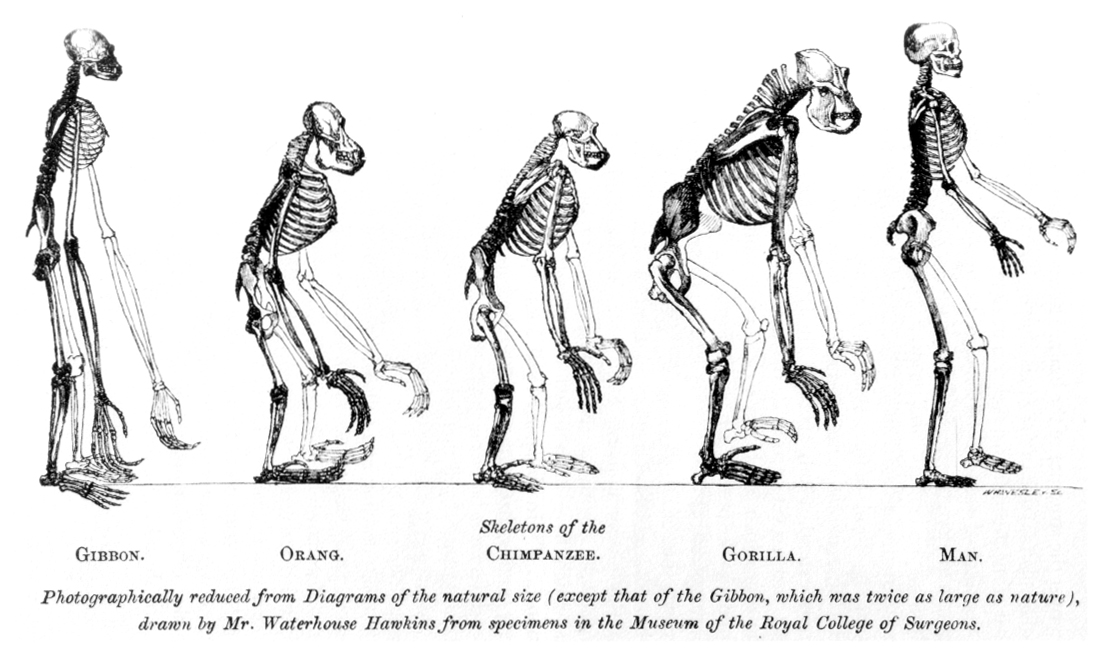
Because nature isn’t really that tidy, they say. But then they go on to blame everyone but the Darwinists for keeping the idea going:
This misunderstanding is a holdover from before 1859, the year Charles Darwin first published his scientific theory of evolution via natural selection.
Until then, the traditional view of how the world was organized was through a “progression in perfection.” This concept is explicit in the idea of the “great chain of being,” or “scala naturae” in Latin: All beings on earth, animate and inanimate, could be organized according to an increasing scale of perfection from, say, mushrooms at the bottom up through lobsters and rabbits, all the way to human beings at the top.
Quentin Wheeler, Antonio G. Valdecasas, and Cristina Cánovas, “Evolution doesn’t proceed in a straight line – so why draw it that way?” at The Conversation
Amazing rewrite of the history of Darwinism! Nobody but Darwinists was doing this kind of stuff.
But guess they gotta claim something. And get this:
Given centuries of religious belief in a “great chain of being,” the idea of linearity was an easy sell. The iconic version of this concept is, of course, the depiction of a supposed ape-to-human “progression.” Variations of all kinds have been made of this depiction, some with a humorous spirit, but most to ridicule the monkey-to-man theory.
Quentin Wheeler, Antonio G. Valdecasas, and Cristina Cánovas, “Evolution doesn’t proceed in a straight line – so why draw it that way?” at The Conversation
That’s flatly wrong. These descent of man graphics were not an easy sell. They were taken seriously by elite sources and they were hugely controversial elsewhere. Humorous versions riffed off the canonical Darwinian versions to be sure. But that was because, even today, most people are just not Darwinists, sorry guys.
If the biodiversity profs really need to muddy the history as much as this, maybe things are even worse than we knew. Stay tuned.
Hat tip: Philip Cunningham
See also: Cave art actually went downhill during the fabled ascent of man?
Follow UD News at Twitter!